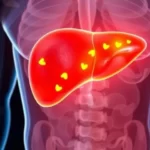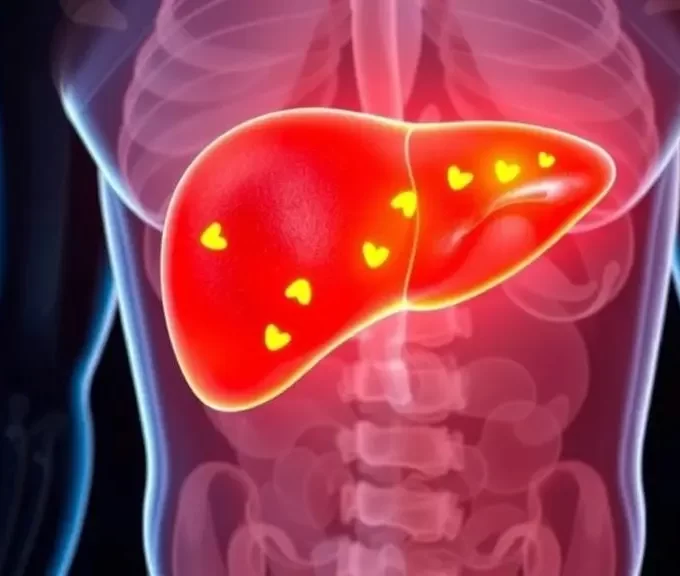Note: Homeopathic Treatment requires strict individualization. Please do not take any medicine without consulting your physician/homeopath.
SLEEPLESSNESS / INSOMNIA
It is not unusual to have sleep troubles from time to time. But, if you feel that you do not get enough sleep or satisfying sleep, you may have insomnia, a sleep disorder. People with insomnia have one or more of the following:
– difficulty falling asleep;
– waking up often during the night and having trouble going back to sleep;
– waking up too early in the morning;
– refreshing sleep.
Homeopathic Treatment & Homeopathy Medicines for SLEEPLESSNESS / INSOMNIA
Belladonna. [Bell]
The sleepless conditions calling for Belladonna are due to congestion; sleep is extremely restless, as a rule it is interrupted by talking, startings, muscular jerkings and spasmodic motions; frightful images appear on closing the eyes and the patient therefore dreads sleep. Children awake from sleep frightened. Oftentimes there is a violent throbbing in the brain which prevents sleep. The dreams found under Belladonna are frightful ones, and they constantly awaken the patient. It is probably our best remedy for insomnia due to cerebral hyperaemia; that is, it will be most often indicated, also after morphine which produces cerebral hyperaemia of a passive variety. Aconite comes in here, too, but with Aconite there is intense anxiety and restlessness, fear of disaster or death. Cuprum, Stramonium and Zincum have the symptom that the patient is aroused from sleep frightened. Lycopodium. Here the child awakens very cross; very sleepy during the daytime. Belladonna is most useful in restless sleep during dentition; sleeps with eyes partially open; sudden starting, twitching, hot head and dilated pupils will indicate it.
Nux vomica. [Nux-v]
The great characteristic of this remedy is that the patient is very sleepy in the evening, cannot keep awake ; moreover the sleep is not sound or restful and the patient is awakened at night by anxiety and frightful dreams. He awakens at about four or five O’clock in the morning feeling somewhat refreshed, but soon resleeps and awakens at the usual time feeling worse than ever. It is especially the remedy for those who drink too much, those who abuse coffee and tea, those who are subject to abdominal disorders and a slugish portal circulation. Sleeplessness from mental overwork, from too close study, especially at night. The morning sleep aggravates all the affections. Pulsatilla is sleepless in the evening, falling asleep very late; the sleep is restless, with frequent awakenings and troubled dreams. Sleeplessness after quinine, iron, strychnine, tea, or chloral. Calcarea carbonica has long hours of wakefulness. Cocculus has sleeplessness from mental activity. Sulphur. Cat naps; the slightest noise awakens and it is difficult to get to sleep again; sleepy in daytime. Calcarea bromata. Dr. Deschere, of New York, relies on this remedy in typical Calcarea children, with predominance of nervous irritability, sleeplessness and hyperaesthesia at night.
Hyoscyamus. [Hyos]
Sleeplessness from nervous excitement; the brain is full of bewildering ideas and images. After long illnesses and the brain cells are illy nourished this remedy is very useful. It is especially indicated in sleeplessness in children, who twitch, cry out frightened and tremble. Sleeplessness from overworked minds and without apparent cause may be benefited by Hyoscyamus. Talcott says: “Hyoscyamus paints the mental town of its victim a brilliant and luminous red.” The patient is jolly and wakeful. Hyoscyamus lacks the anxiety of Aconite, the violence of Belladonna, the pessimism of Nux vomica, and the stupidity of Gelsemium.
Coffea. [Coff]
In cases where there is excessive agitation of body and mind, and where ideas force themselves on the mind, Coffea is the remedy, and its use as a beverage withheld. It will be found that this acts better in the higher potencies. Hale says: “If there is any place for high dilutions, it is in insomnia.” The patient is wide awake, without the slightest inclination to sleep, and all the senses are extremely acute. It is the remedy when excitement or good news, joys or night watching causes the insomnia. It is well suited to sleeplessness in teething children, while Opium is better suited to adults. Sleeplessness from the bad effects of too good news. Platina has sleeplessness from extreme nervous irritability.
Chamomilla. [Cham]
For sleeplessness in children due to severe pain, Chamomilla is a sovereign remedy. It quiets the irritability and the emotional excitement and the patient sleeps. It is also adapted to weak, nervous women. The sleep is tormented by dreams which are fanciful, vivid and anxious; the patient is hot and thirsty. Moaning in sleep. This is also a remedy acting better in the higher potencies. Ignatia has sleeplessness from depressing news, recent grief, causing a hyperaemia. Coffea, sleeplessness from good news. Opium suits sleeplessness when the patient is sleepy but cannot get to sleep, is kept awake by hearing distinctly ordinary noises, such as the ticking of clocks and the crowing of cocks. Great drowsiness is characteristic of the remedy.
Gelsemium. [Gels]
For the insomnia of brain workers, Gelsemium is a remedy. It is indicated in business men who pass restless nights, awaken early in the morning and worry over their business affairs. It also is most useful in a state of alternate excitement and depression. Bryonia is useful where the business cares of the day keep him awake. Gelsemium has also sleeplessness from emotional disturbances, and after evening company. Ambra grisea is another remedy for sleeplessness from worry and business troubles. The patient goes to bed tired, but immediately becomes wakeful. It is especially suited to thin, spare men who are nervous and subject to nervous chills.
Sulphur. [Sulph]
Sleeplessness from nervous excitement, cutaneous irritations and external heat. The patient is drowsy all day and sleepless at night. Sleeps in “cat naps”, wakes frequently. Arsenicum is a useful remedy for the sleeplessness of malnutrition, where there is general degeneration of the blood and exhaustion of the nervous system. Restlessness of anaemic irritability. Cinchona has sleeplessness from exhausting diseases. The mind is active and the patient indulges in castle building. Phosphorus. Sleeplessness following intense mental overwork and anxiety coupled with confusion, vertigo and pain in the head.
In obstinate and intractable forms of insomnia, Cannabis is one of the best remedies we have to induce sleep. An irregular sleep is more of an indication than absolute insomnia. It produces a tranquil slumber, relieves the nervousness and neuralgic pains , and even if given in doses of from 5 to 15 drops of the tincture in water it leaves no bad effects behind. Halbert says do not use it lower than the third potency which is a commendable suggestion. Other remedies for the want of sleep are the following, which have been used empirically, but which are far superior to the hypnotics of the allopathic school: Passiflora incarnata in doses of from 30 to 60 drops, and repeated if necessary, will induce sleep when mental irritation or pain is the cause of the wakefulness. Camphora mono-bromata is useful for sleeplessness due to the continued use of tea. In insomnia of locomotor ataxia or epilepsy give 3X potency. Coca. Sleeplessness from mental exhaustion or anaemia; a useful remedy in worn-out brain workers, night watchers and those who have lost much sleep. Avena sativa in doses of from 10 to15 drops of the tincture will oftentimes induce a peaceful dreamless sleep in those who are nervous and exhausted. It is not impossible that a complete proving of these latter remedies will show further their value in sleeplessness. Arnica and Gelsemium should not be overlooked in sleeplessness from overexertion. Of prime importance are the casual indications of sleeplessness, and these are legion.








